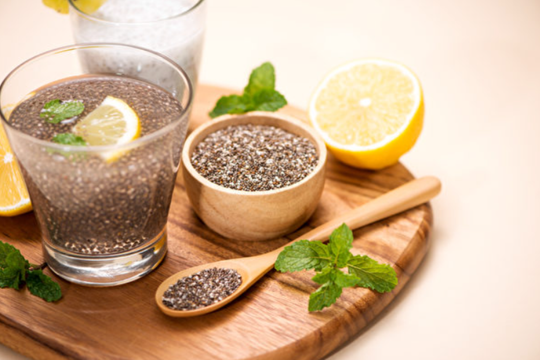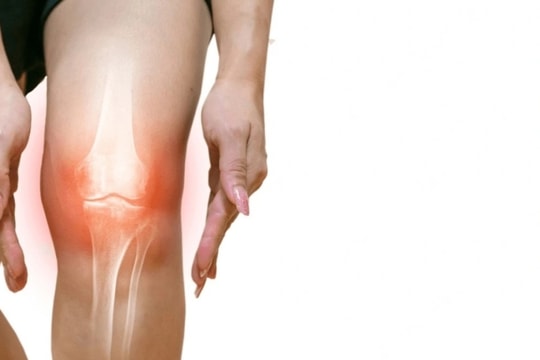8 calcium-rich foods everyone should know
One of the effective ways to supplement calcium is through daily diet. Below are 8 calcium-rich foods that everyone should know.
Calcium helps build and maintain healthy bones and teeth, helps muscles function properly, and supports the nervous system. It also helps regulate heart rhythm and aids digestion. A calcium deficiency can cause a variety of problems, including osteoporosis, rickettsial disease in children, and stomach ulcers.
Below are calcium-rich foods that people can add to their daily diet:
Yogurt
According to the Health & Life newspaper, Dr. Tran Thi Bich Nga, a nutritionist, yogurt is an excellent source of calcium. A serving (245g) of plain yogurt provides up to 23% of the daily calcium requirement, as well as a large amount of phosphorus, potassium, vitamin B2 and B12. You should eat yogurt every day to supplement calcium and many other nutrients, including protein to strengthen bones and vitamin B to provide energy.
Cheese
Cheese contains natural calcium and also provides the necessary amount of vitamin D for the body. Cheese has many nutritional components similar to milk but at a high concentration so the protein, fat, and especially calcium content in cheese is 3-6 times higher than milk and yogurt.
Cheese is very low in lactose, so people who are lactose intolerant can use cheese to meet their calcium needs.
Dark green vegetables
Green leafy vegetables like kale, spinach, collard greens, and broccoli are all high in calcium and many other nutrients.
Kale is one of the most nutrient-dense superfoods. It has more calcium than cow’s milk. One cup of raw kale provides about 10% of your daily calcium needs.

Seafood
Seafood is also a very rich source of calcium. For example, salmon, herring, sardines, shrimp, scallops, crabs... are extremely healthy sources of nutrients. A 100 gram portion of salmon can provide up to 181 mg of calcium, a 100 gram portion of sardines provides about 380 mg of calcium, a 100 gram portion of tuna provides about 10% of the daily calcium requirement.
Beans and seeds are rich in minerals.
The article on the Medaltec General Hospital website has medical consultation from BSCKI. Duong Ngoc Van said that tofu, black beans, peas, chia seeds, flax seeds, almonds,... are great sources of calcium for the body. In addition, they also contain other nutrients such as fiber, protein and unsaturated fats that are safe for heart health. This food group is also a great choice for vegetarians who do not have to worry about what to eat if they are calcium deficient.
Supplement calcium from fruit
People often only know that fruit is rich in vitamins, but it is also a great source of calcium. Adding fruits such as avocado, peach, kiwi, plum, kumquat, dates, etc. to your daily menu will help you supplement calcium as well as other vitamins and minerals effectively.
Salmon
Fatty fish such as salmon, tuna, and mackerel are among the best dietary sources of vitamin D. Vitamin D helps the body absorb calcium and keeps bones strong. Grilled salmon with sautéed greens is one example of a bone-healthy dinner.
Almond
Among nuts, almonds are the highest in calcium. Almonds provide a large amount of calcium in each serving. 100g of almonds contains 254mg of calcium, equivalent to 26% of the daily requirement. A cup of unsweetened almond milk contains 449mg of calcium (equivalent to 35% of the daily calcium requirement), more than the 314mg of calcium in a cup of cow's milk.
According to the United States Department of Agriculture (USDA), almonds are an excellent source of many nutrients, including fiber, protein, healthy fats, magnesium, and vitamin E. In addition, this nut is rich in magnesium, protein, zinc, vitamin K, and manganese, all of which are important nutrients for bone and dental health. From almonds, almond milk, almond flour, and almond butter, all have many health benefits and are part of the famous Mediterranean diet.





